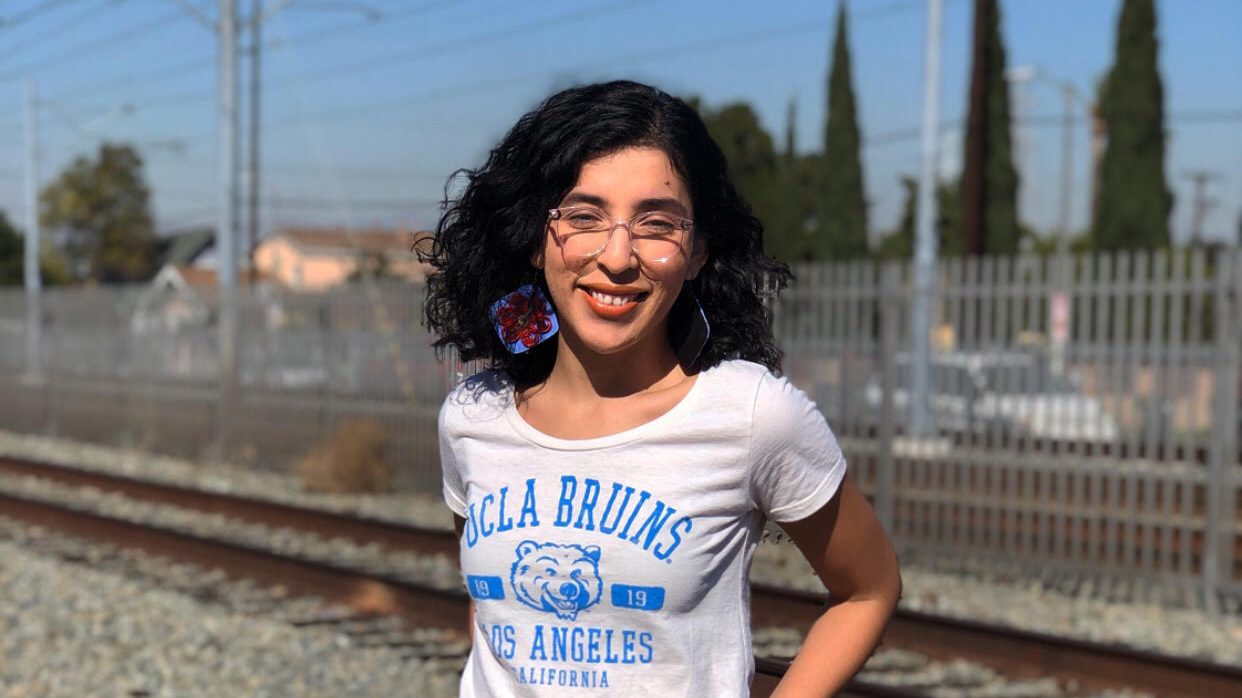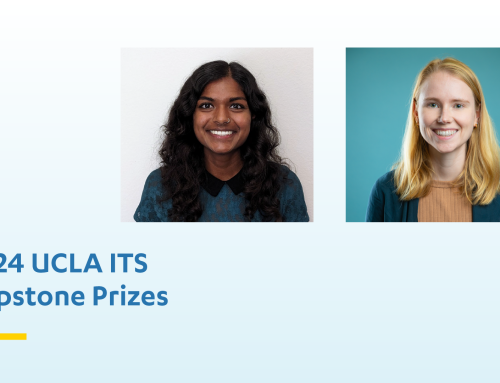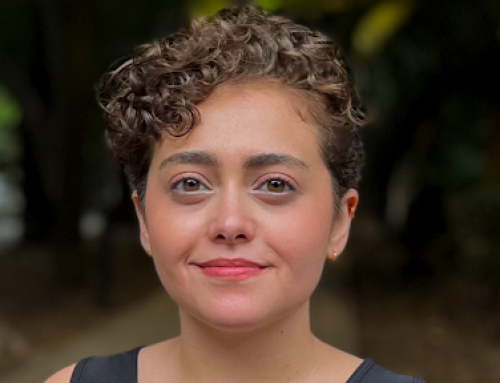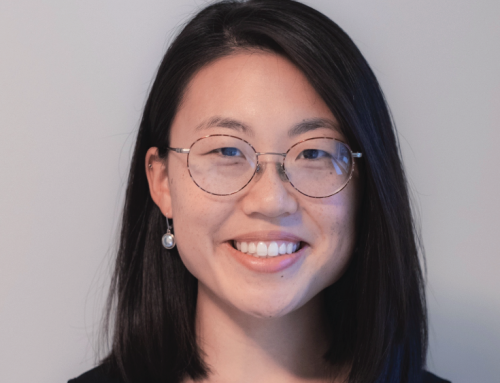by Michael Rosen
As a young adult in the Watts neighborhood of Los Angeles, Paola Tirado Escareño dreamed of one day owning a car. Her household shared a single vehicle, and public transportation only delivered access to a limited number of destinations. A car, she thought, could provide a dose of freedom.
Eventually, she did buy a car and found it to be helpful in many ways. But she was also involved in a couple of car crashes, one of which occurred blocks away from her home.
These experiences provided her first impressions of the built environment — and what would become the basis for her advocacy and pursuit of an urban planning career.
“[I used to think] this is just the way streets were; there’s a ton of people using it and accidents just happen,” Tirado Escareño said.
Now a UCLA graduate student pursuing a Master in Urban and Regional Planning, Tirado Escareño’s work focuses on some of planning’s most glaring blind spots, like the unsafe driving conditions that facilitate crashes in underresourced neighborhoods like hers.
These concerns are far from abstractions. Tirado Escareño is a recipient of the Deferred Action for Childhood Arrivals program. DACA is an administrative program implemented during the Obama Administration that allows children who entered the U.S. undocumented to remain and work in the country.
Thinking of how to plan for members of this community has informed her work since childhood, and figures to continue as she progresses through her career.
“So much of how I navigate the world is through the lens of don’t get noticed; draw the least amount of attention to yourself,” she said.
“As a planner, I’ve been guided by my undocumented experience. Now that I’m in this position to have a more concrete seat at the table, [I’m asking] how can I make sure that I’m not speaking for communities, but rather, [that] I’m streamlining their concerns.”
She gained experience listening to community concerns during the summer of 2021 at the Los Angeles Department of Transportation, an internship partially supported by a UCLA Institute of Transportation Studies scholarship for students pursuing transportation equity and justice.
One of her first shifts involved direct communication with residents of Lincoln Heights about a street-calming project on a street adjacent to a major commercial corridor. She met one resident who was extremely enthusiastic. But another community member was vehemently opposed to any street alterations. She was furious, Tirado Escareño said, because she believed the proposed changes wouldn’t leave enough room for fire trucks.
“This is [an aspect of community engagement] we maybe don’t like to think about, because it’s not as pleasant as the idea of giving residents agency and making sure that the voices are heard,” she said, in reference to her difficult conversations about the street-calming project. “But this is agency, right? And it’s also something that needs to be respected because this anger is probably coming from somewhere valid.”
Now, Tirado Escareño is working with LA Metro’s Office of Extraordinary Innovation, researching the feasibility of congestion pricing on freeways in Los Angeles. Part of that work involves examining equity concerns: Can financial assistance be provided to those who can’t afford the cost? And if those same drivers happen to be undocumented workers on their way to job sites, how can Metro ensure that they aren’t left out of financial assistance programs?
Tirado Escareño said fear is a key motivator for this population, leading many to forgo assistance programs they’re eligible for.
“We know that, specifically, when thinking about undocumented communities, the last thing they want to do is be noticed,” she said. “There’s this fear of government that is really embedded. So I think in my experience as a DACA recipient, it’s important for me to highlight that.”





